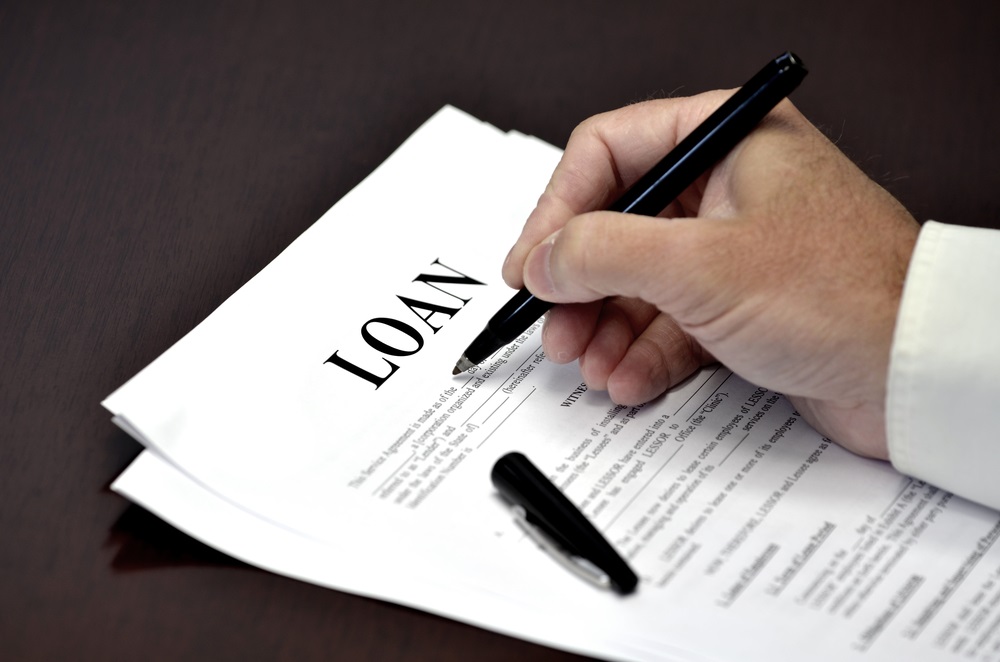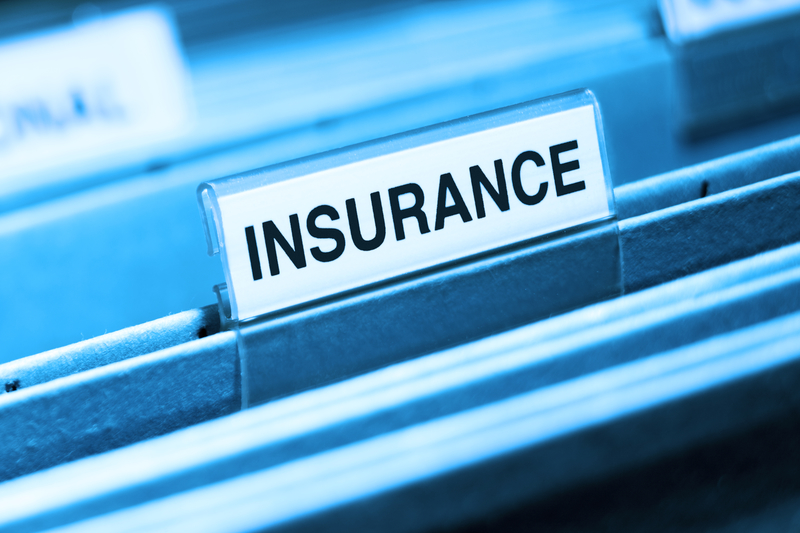Are Your Commercial Loans Immune to COVID-19?

The COVID-19 pandemic is having a profound impact in numerous economic sectors including commercial loans. At this point, there are more questions than answers. Outlined below are key matters that both lenders and borrowers will need to consider.
Financial Covenants
Commercial loan documents often contain covenants that require the borrower to comply with financial covenants such as debt service coverage ratio, historical fixed charge coverage ratio, or net worth ratio. A key component of these ratios is the net income or net profit of the borrower. The pandemic and its resulting adverse impact on the revenues of borrowers may cause a buyer to fail to comply with these covenants. The situation could become more complicated if the borrower has breached a financial covenant because of the pandemic but continues to make loan payments when they are due and payable.
COVID-19 Material Adverse Changes
Some loan documents provide that the occurrence of a “material adverse change” or a “material adverse effect” with respect to a borrower gives rise to a default under the loan documents. A “material adverse change” or a “material adverse effect” is typically defined as “a material adverse effect on
- the property, assets, financial condition, business, or operations of the borrower;
- the ability of the borrower to perform any of its payment or other obligations under the loan documents;
- the legality, validity, or enforceability of the obligations of the borrower under the loan documents; or
- the ability of the lender to exercise its rights and remedies with respect to, or otherwise realize upon, any of the security for the obligations of the borrower to the lender under the loan documents.”
A key issue that must be analyzed by both lenders and borrowers is whether the COVID-19 pandemic has given rise to a material adverse change or effect with respect to the borrower. Again, the situation could become more complicated if the pandemic results in a material adverse change or effect, but the borrower continues to make loan payments when they are due and payable.
Lender Insecurity
Loan documents sometimes provide that a default occurs if the Lender feels “insecure.” The provisions relating to insecurity are often as simple as “Lender in good faith believes itself insecure” or “Lender for any reason in good faith deems itself insecure with respect to repayment of any obligation.” Lender insecurity is more subjective than a material adverse change or effect and in view of the pandemic can give rise to various interpretations. For example, a lender may feel more insecure with respect to a commercial loan made to the owner of a retail shopping complex that has as tenants numerous small business feel more than with respect to a loan made to the owner of a Class A office building that has several major corporate clients as tenants. The lender’s evaluation of declaring a default due to feeling insecure, however, should take into consideration the risk of lender liability, which is discussed below.
Commercial Loans Guaranty
Loans are often secured by a personal guaranty. The guaranty typically provides that if the borrower defaults, the lender can immediately seek recourse against the guarantor, i.e., the lender does not need to seek recourse against the borrower first. Further, the guarantor typically waives various defenses. For example, a guaranty agreement may provide that the guarantor waives any defense, right of set-off, or other claims that the guarantor or even the borrower may have against the lender. Thus, even if the borrower is able to avoid a loan obligation based on a contractual defense such as impossibility or frustration or purpose, the guarantor may still be fully liable.
Lender Liability
In deciding whether to declare the borrower in default of a loan obligation and exercising remedies, lenders must be sensitive to lender liability concerns. In particular, lenders have a duty of good faith and fair dealing. If a lender declares a default based on a material adverse change or effect or a feeling of insecurity in view of the pandemic, accelerates the loan payments and, as a result, the borrower's business collapses, the lender may have exposure for damages.
Commercial Loans & COVID-19
The COVID-19 pandemic has created uncertainty regarding commercial loans and the respective rights and obligations under loan documents. As a result, lenders and borrowers are encouraged to communicate with each other and legal counsel before taking any actions. Granting short-term waivers or negotiating and entering into short-time forbearance agreements may prove to be a much better solution than engaging in adversarial, costly proceedings.
The real estate and business law attorneys at Norris McLaughlin stand ready to assist lenders, borrowers, guarantors, and others with matters relating to commercial loans. If you have any questions about this post or any related matters, please feel free to contact me at jlushis@norris-law.com or 484-765-2211. For more information related to COVID-19, visit our Coronavirus Thought Leadership Connection.
The information contained in this post may not reflect the most current developments, as the subject matter is extremely fluid and constantly changing. Please continue to monitor this site for ongoing developments. Readers are also cautioned against taking any action based on information contained herein without first seeking advice from professional legal counsel.




